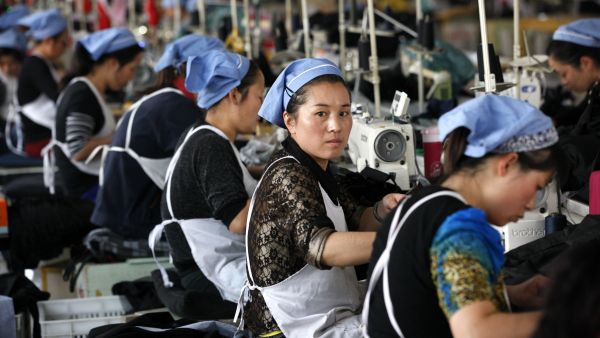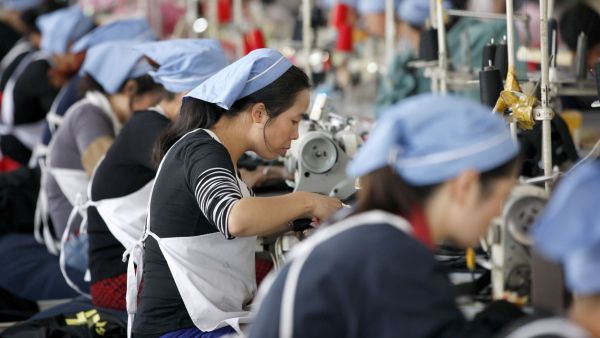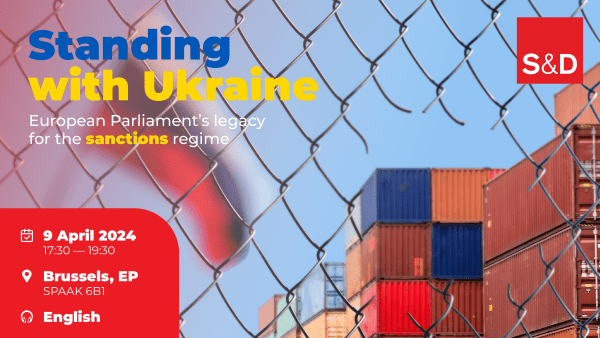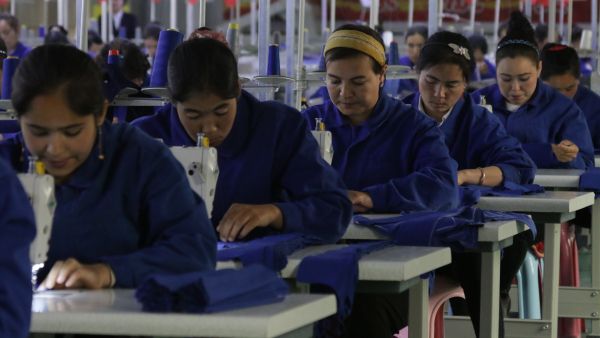The Socialists and Democrats are disappointed by the content of the compromise reached today in the Council on a new anti-dumping system. The main objective of the new rules is to detect and redress distortions in the market resulting from state intervention in non-EU countries. However, more ambition than the Council has shown today is needed to effectively protect European companies and workers from unfair competition and dumped imports.
S&D spokesperson on trade Alessia Mosca MEP said:
"The position taken today by the Council on the new anti-dumping methodology is not completely satisfactory for the S&D Group. Our goal now, more than ever, is to get to a negotiating position for the Parliament that could better maintain the global level playing field and protect European workers and industries from unfair trading practices. Apparently member states do not share our ambition – with some notable exceptions, which at least means the final compromise is better than expected. In any case we will not give up in our attempt to reinforce and better clarify the Commission proposal in order to make it legally workable and technically effective at same time.”
S&D negotiator on a new anti-dumping methodology Emmanuel Maurel MEP added:
“The Council’s position lacks much-needed ambition. To effectively protect European workers the Commission’s proposal must be strengthened on many aspects and clarified on others. In particular, the concept of 'significant distortions' introduced here by the Commission for the first time must be sharpened up by introducing more precise criteria. Otherwise the margin of discretion could be excessive, turning the new instrument into a blunt tool. We are afraid that, without additional guarantees, the new methodology could end up being dysfunctional. The risk of a reversal of the burden of proof is not properly addressed: we need to make sure that no extra burden is imposed on EU industries and that it is up to the exporting producers to demonstrate the absence of dumping. Furthermore, the publication of country reports should be systematic so that EU producers can have proper access to the information they need and the grandfathering clause should be applied unambiguously. Our group will push to improve the proposal. What is on the table today is simply not good enough.”
Note for editors:
On 9 November the European Commission presented its proposal to reform the anti-dumping and anti-subsidy calculation system in view of the deadline set by China’s access protocol to the World Trade Organization for the recognition of market economy status. The new methodology for calculating dumping is based on rules established by the WTO anti-dumping agreement. As the Commission’s proposal is subject to ordinary legislative procedure, the Council and the European Parliament need to reach agreement on a final text. The European Parliament is scheduled to vote its position in July, so negotiations with the Council could start in September. The new anti-dumping methodology runs in parallel with a broader revision of the EU's trade defence instruments.
Related content
Find out more








